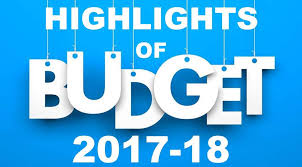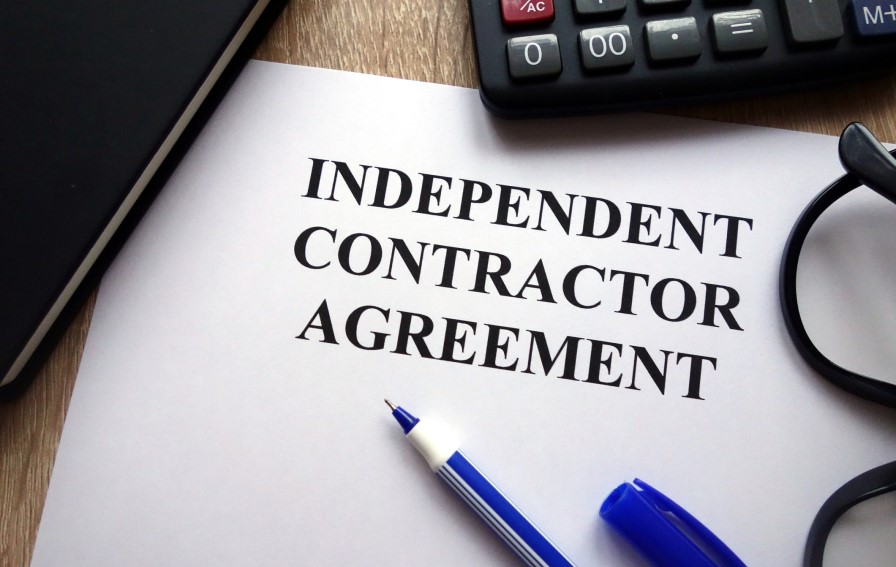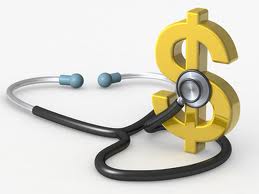The budget announcement by Scott Morrison on 9 May 2017 was relatively subdued in relation to tax reform when compared to prior years. The budget saw a change in philosophy by the Coalition Government by announcing increase in taxes/levies and increases in spending, which is different from their usual commentary about keeping taxes low and reducing spending. The 2017-18 budget announced new spending initiatives aimed at stimulating economic growth.
The Government growth projections are forecasted at 3% which compare to current growth rates in the low 2%’s. This represents an increase in current growth rates of approximately 50%. The growth is flagged to come from an increase in household consumption, export and non – mining business investment. At the same time individuals will end up with less take home pay with increases in the Medicare levy to impact the majority of taxpayers and wage growth being relatively flat.
The Government is backing its spending on new infrastructure projects to stimulate jobs and growth.
Some of the key items from the 2017-18 budget are outlined below:
Small Business
The Government reaffirmed its commitment announced in last year’s budget to reducing the company tax rate to 25% over 10 years.
For the current financial year (2016-17 FY) the company tax rate of 27.5% applies to companies with annual turnover less than $10m. For the 2017 -18 FY the 27.5% tax rate applies to companies with annual turnover less than $25m.
What is interesting is the widening between personal income tax rates and company tax rates. For individual taxpayers, the marginal rate of tax of 34.5% including medicare levy commences at $37,000 p.a, which is a 7% difference to the company tax rate. We expect more individuals to consider operating from a company structure to take advantage of the lower company tax rate.
The small business asset write off has been extended another year till 30 June 2018 meaning small business with aggregated annual turnover of less than $10m can immediately write off any business assets purchased with a cost less than $20,000.
Increase in Medicare Levy
The Medicare Levy will be increased to 2.5% from 2.0% commencing 1 July 2019 (2019-2020FY) to assist with funding the National Disability Insurance Scheme (NDIS). This will impact most Australians as Medicare Levy is paid by the majority of taxpayers.
The temporary budget repair levy will cease on 30 June 2017, meaning taxpayers with taxable income above $180,000 will no longer have to pay an additional 2% on their income above $180,000 dropping the highest effective marginal rate of tax from 49% to 47%. Fringe benefit tax (FBT) rates will also drop to align with the 47% tax rate.
First Home Super Saver Scheme
To tackle the housing affordability crisis, individuals will be able to make voluntary salary sacrifice contributions into their superannuation of up to $15,000 per year and $30,000 in total to assist with saving for a deposit for a first home. These amounts will count towards the individuals concessional superannuation cap currently $25,000 p.a. from 1 July 2017.
The amounts deposited under this scheme can be withdrawn for the purchase of a first home after 1 July 2018. The amount able to be withdrawn are the salary sacrificed contributions plus deemed earnings on these contributions. The amounts withdrawn will be taxable at the taxpayer’s marginal rate of tax less a 30% tax offset.
Increase in non – concessional contributions for downsizing
From 1 July 2018, another measure has been introduced to improve housing affordability. Any person 65 or over can make an additional $300,000 non concessional contribution into superannuation where they have sold their primary residence of more than 10 years. This contribution will be exempted from existing work test, non concessional contribution cap test and $1.6m balance test i.e. the contributions are able to be made without having to satisfy any contribution tests which apply after age 65.
Limitations on property investment deductions
From 1 July 2017, travel deductions relating to residential rental properties will no longer be allowed to be claimed.
In addition to this from 1 July 2017, deductions for depreciation for plant and equipment will also be limited to the amount incurred by investors of residential real estate meaning investors cannot claim depreciation deductions for plant and equipment which has been incurred by prior investors. Taxpayers with investment properties prior to 30 June 2017 will not be impacted by this change and can continue claiming depreciation deductions incurred by prior investors.
Further limitations on Foreign Investment in Australian housing
Additional measures were introduced in the 2017-18 budget for foreign investors in Australian housing:
• A cap of 50% to be placed on foreign ownership of new developments.
• Foreign and temporary tax residents will be unable to access the CGT main residence tax exemption.
• A minimum levy of $5,000 will be imposed on foreign owned property which are not available for lease.
New bank levy
There will be a new levy for banks with liabilities of at least $100 billion from 1 July. Currently this will impact Australia’s five largest bank i.e. Commonwealth, NAB, ANZ, Westpac (incl St George) and Macquarie. The levy will be charged at an annualised rate of 0.06% of the banks liabilities. No doubt the banks impacted by this measure will pass on these costs to their customers.
Tax integrity measures
Additional tax integrity measures announced in the 2017-18 budget were introduced including:
• Cleaning and courier industries are subject to employer taxable payment reporting obligations, similar to the building and construction industry from 1 July 2018.
• $32 million of funding to be provided for one year to target non-compliance, non-lodgement and the cash economy.
For further information on any of these budget changes and how they may impact your business or you please contact one of our accountants in North Sydney.





